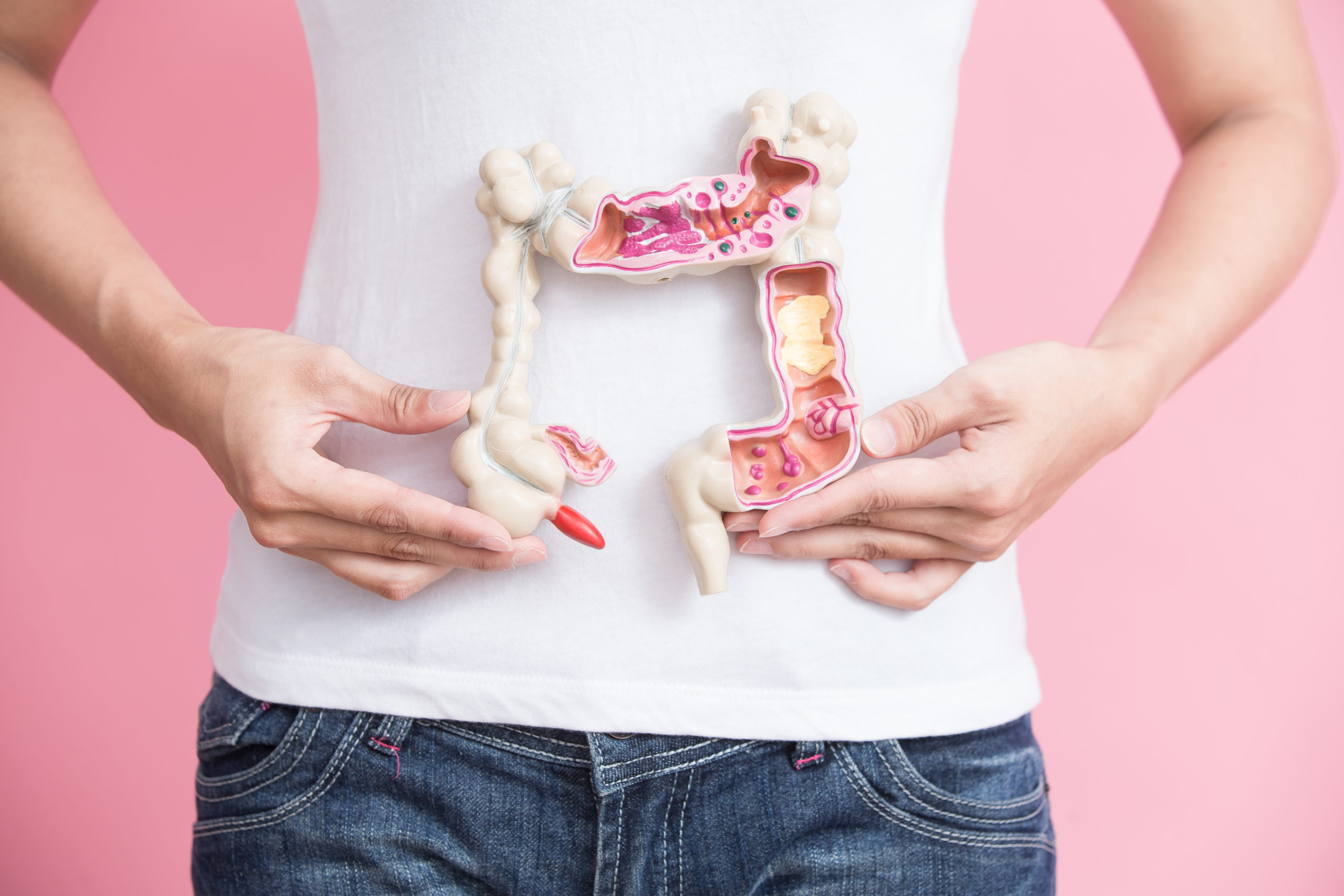
5 Tips to Help Improve Your Vaginal Health
Good vaginal health is essential for all women. Ongoing vaginal problems can affect a woman’s fertility as well as their desire for sex and ability to reach orgasm. There are various factors that can affect the health of the vagina, including unprotected sex, poor hygiene, and clothing choices.
Some of the most common vaginal problems include sexually transmitted infections (STIs), vaginitis, and sexual problems such as dyspareunia and vaginismus. The good news is that good vaginal health is easier than you may think.
In this blog post, we will highlight 5 practical tips to improve your vaginal health. These include practicing safe sex, maintaining pubic hair, wearing breathable clothing, and more. Let’s get started.
1. Practice Safe Sex
An easy way to protect vaginal health is to practice safer sex. According to a recent survey, 70% of women say that they have had unprotected sex at least once. Common reasons for having sex without contraception include:
- Being drunk or under the influence
- Not having any contraception to hand
- The contraception device failed
- Not wanting to kill the mood
Just 27% say that they checked for STIs after having unprotected sex. In addition to using contraception (such as a condom or a dental dam), there are a number of ways you can practice safer sex. This includes getting tested regularly for STIs (including after being with any partner you exchange genital fluids with).
The order of sex acts is also important to consider. Going from anal play to vaginal play increases the likelihood of an infection. Anal play should be practiced after vaginal play.
Furthermore, take some time to check condom ingredients and avoid using brands that are made with spermicides (which are not healthy for the vagina and can kill good bacteria).
2. Maintain Pubic Hair
In a recent survey, 80% of women said that they removed their pubic hair recently. Younger women, between the ages of 15 and 20 years, are more likely to groom their pubic hair (88%). Just 3% of women say they have never groomed their pubic hair (compared to 21% of men).
There are many reasons why women groom their pubic hair, including for comfort during oral sex and to feel more feminine. However, while some grooming is certainly fine, completely removing pubic hair can affect vaginal health.
Pubic hair serves a number of important purposes. For example, it eliminates issues related to sweating and friction, and protects the vagina and vulva from extra bacteria. Avoiding shaving also results in fewer ingrown hairs, fewer cuts and scrapes, and less itch as the hair grows back.
3. Use Sex Toys That Are Body-Safe
Sex toys are incredibly common. It is estimated that more than three-quarters of women (78%) own a sex toy such as a dildo. There are many benefits to using sex toys, including enhancing sex with a partner, more self-confidence, better sleep, and boosting libido.
The best sex toy materials include silicone, stainless steel, borosilicate glass, and lucite. However, there are also a number of materials that you should avoid. These include rubber, PVC, vinyl, and jelly.
Proper cleaning of sex toys is also important for vaginal health. For starters, you should always clean your sex toy when it first arrives (simply use mild soap and hot water and let it air dry). After use, take some time to properly clean your toy using soap and water and allow it to properly dry before storing it away (avoid storing it in a location where bacteria may build up, such as a drawer).
4. Wear Breathable Clothing
We recommend that you opt for natural fabrics such as cotton when buying underwear (avoid synthetic materials such as spandex and nylon). Because the vulva is such a delicate area, it is important to treat it gently. Cotton is absorbent and breathable, which may be beneficial in preventing yeast infections.
It’s also important to change your underwear every day, though there is also nothing wrong with restricting yourself to just one pair per day. At night, wearing your birthday suit (i.e. nothing at all) can be beneficial as it helps your vagina to breathe. If you aren’t comfortable wearing nothing to bed, opt instead for loose-fitting pajamas that aren’t restrictive.
When working out, moisture-wicking underwear is recommended. It’s important that your underwear choice when working out fits well so as not to cause chafing.
When it comes to washing your underwear, we recommend that you use hypoallergenic soap. After washing your underwear, it’s best to tumble dry them on low heat for 30 minutes. Finally, on the subject of replacing underwear, we recommend that you clean out your drawers once a year and buy new items.
5. Go to the Bathroom After Sex
Peeing after sex may help to flush out bacteria that cause urinary tract infections (UTIs). A UTI occurs when bacteria enter the urinary tract and travel to the bladder.
Going to the bathroom shortly after sex may help to flush bacteria (introduced during sex) away from the urethra. It is not a foolproof way to prevent UTIs related to sex, though it is helpful and easy to do. Aim to pee within 30 minutes of having sex, though the sooner, the better.
Tips to Help Improve Your Vaginal Health
The above tips will help you to improve and maintain your vaginal health. if you are experiencing any issues, such as mild stress incontinence, mild prolapse, or vaginal dryness, it is important to consult with a medical professional.
Fellowship-trained urogynecologist Peter M. Lotze, MD, and his medically trained team specialize in the evaluation and treatment of female pelvic health and urinary incontinence. Contact us today to schedule an appointment.



